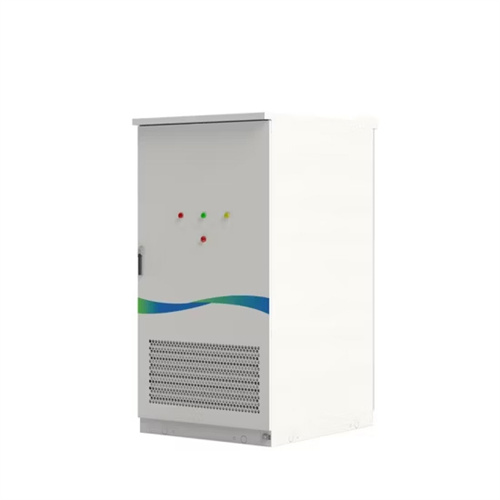How much does the energy storage inverter cost
The average U.S. homeowner spends $2,000 on a solar inverter, but costs range from $1,000 to $3,000 depending on the model and the number of inverters.
As the photovoltaic (PV) industry continues to evolve, advancements in How much does the energy storage inverter have become critical to optimizing the utilization of renewable energy sources. From innovative battery technologies to intelligent energy management systems, these solutions are transforming the way we store and distribute solar-generated electricity.
6 FAQs about [How much does the energy storage inverter cost]
How much does a solar inverter cost?
A solar inverter costs $1,500 to $3,000 total on average for a medium-sized solar-panel system installation. Solar inverter prices depend on the size and whether it's a string inverter, microinverter, or hybrid model. String inverter systems cost less up front, but systems using microinverters last longer.
What factors affect solar inverter costs?
Factors that affect solar inverter costs include: System size – Your inverter's input-wattage rating should be close to your solar panel system's output rating. U.S. residential solar panel systems typically fall in the 5 kilowatt range. Efficiency – The industry standard for peak efficiency is 97%. More efficient models often cost more.
How long do solar inverters last?
String solar inverters last 10 to 15 years on average, and you'll likely need to replace the inverter much sooner than the solar panels themselves. Most microinverters last 15 to 25 years. Be sure to check the warranty time frame and coverage when choosing an inverter for your solar system.
What is a solar inverter?
A solar inverter is an essential part of a solar-panel system. The inverter turns the direct current (DC) electricity generated by solar panels into the alternating current (AC) electricity needed for most appliances and home electrical needs.
Should you install a solar inverter yourself?
Government incentives – Homeowners can save up to 30% with the federal residential solar energy tax credit when installing the inverter with a solar photovoltaic (PV) system. DIY vs. professional install – Installing an inverter yourself saves on installation labor.
What is the best solar inverter?
The best solar inverter depends on your solar-panel system's size and location. String inverters are affordable, efficient, and common for residential solar systems. However, microinverters converting power on each individual panel may be better if some of your panels get shade for part of the day.

